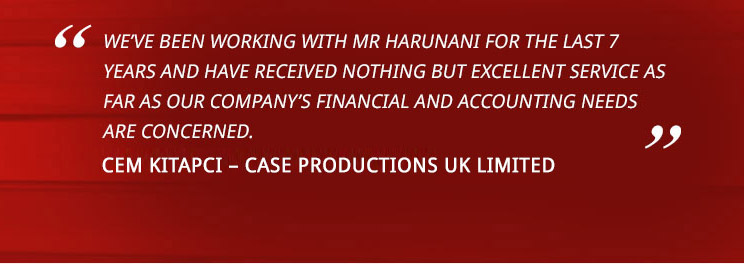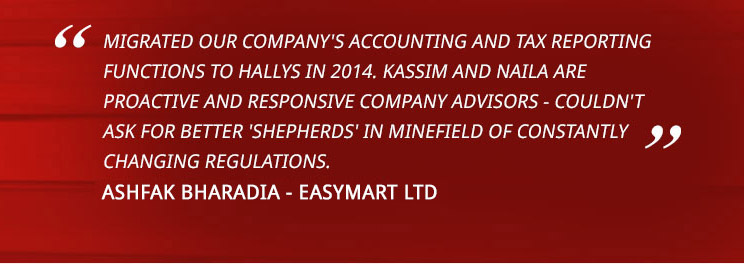HMRC have issued a press release that sets out the scale of criminal activity, convincing taxpayers to part with bank or personal details under threat of arrest or court action.
The scale of these self-assessment scams is staggering, apparently over 800,000 tax-related scams were reported to HMRC is the past year.
Why is this activity increasing now?
Self-assessment tax returns for 2020-21 have to be filed electronically by the 31 January 2022. This provides an excuse for scammers to up their game, as taxpayers would expect more communication from HMRC in this period.
And some of the emails you receive on tax matters will be from HMRC.
How to tell genuine from bogus communications
HMRC have issued the following advice:
“More than 4 million emails and SMS will be issued this week to Self-Assessment taxpayers pointing them to guidance and support, prompting them to think about how they intend to pay their tax bill, and to seek support if they are unable to pay in full by 31 January.
“However, the department is also warning taxpayers not to be taken in by malicious emails, phone calls or texts, thinking that these are genuine HMRC communications referring to their Self-Assessment tax return.”
HMRC’s Director General for Customer Services continues:
“Never let yourself be rushed. If someone contacts you saying they’re from HMRC, wanting you to urgently transfer money or give personal information, be on your guard.
HMRC will also never ring up threatening arrest. Only criminals do that.
Scams come in many forms. Some threaten immediate arrest for tax evasion, others offer a tax rebate. Contacts like these should set alarm bells ringing, so if you are in any doubt whether the email, phone call or text is genuine, you can check the ‘HMRC scams’ advice on GOV.UK and find out how to report them to us.”
There are even bogus websites that look just like HMRC’s webpages, where you are encouraged to submit your outstanding tax return.
If in doubt
If you do receive a phone call, email, or text purporting to be from HMRC, either threatening arrest, court action, promising a rebate, or some other urgent matter; before continuing with a conversation or replying to an email or text, end the call, do not reply to text or email and instead, contact HMRC directly using the contact numbers on the GOV.UK website, or login to your HMRC personal tax account.
And if you have a tax adviser, call them.
Take your time
It is very unlikely that HMRC staff would contact you demanding money or information without first sending out reminders. Before you reply, check that the communication you have received is from HMRC.















